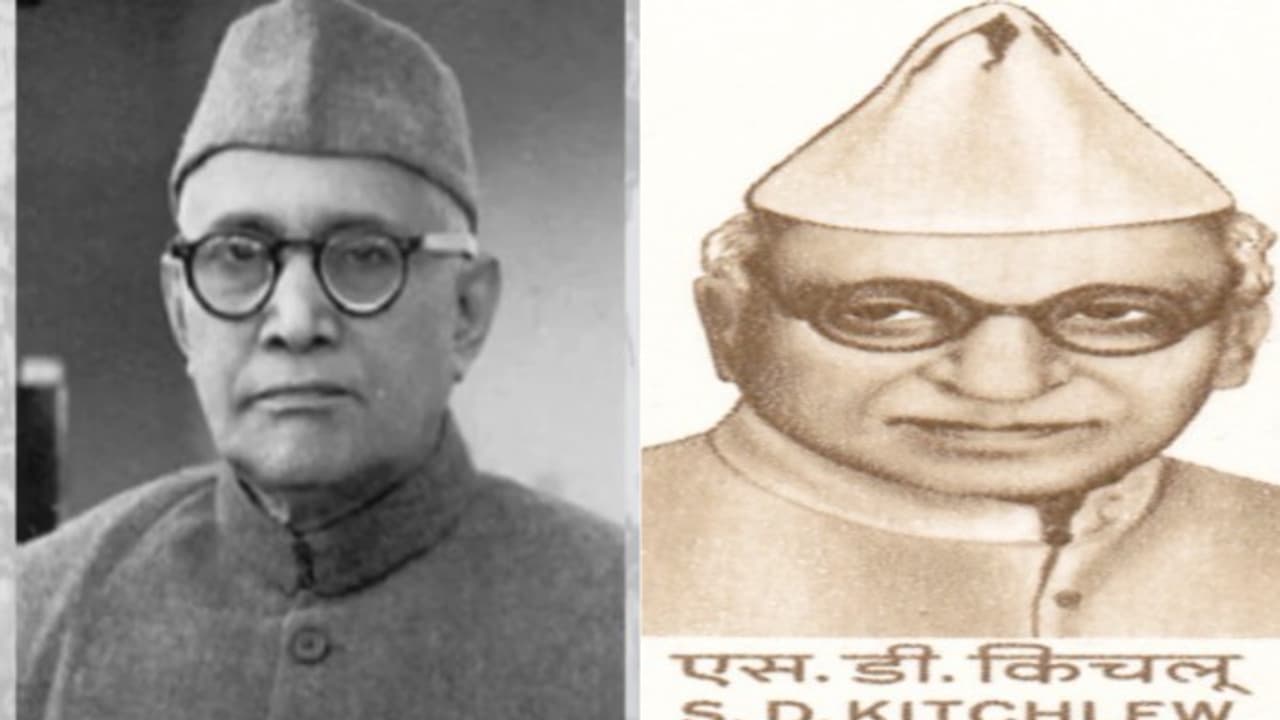Dr Saifuddin Kitchlew, a pivotal yet overlooked figure in India's independence movement, championed unity across religious lines, opposed the Partition, and played a central role in the events leading to the Jallianwala Bagh massacre.
Born on 15 January 1888 in Amritsar, Punjab, Dr Saifuddin Kitchlew hailed from a prosperous Kashmiri Muslim family. His father, Azizuddin Kitchlew, was a successful businessman dealing in pashmina shawls and saffron.

Kitchlew pursued his education at Cambridge University in the UK and later earned a PhD from a German university. During his time in Cambridge, he became actively involved in political discussions and joined the Majlis, a debating club where he met future leaders like Jawaharlal Nehru.
Championing unity during the Rowlatt Act protests
In 1919, the British colonial government enacted the Rowlatt Act, allowing detention without trial. Dr Kitchlew, alongside Dr Satya Pal, organized non-violent protests in Amritsar against this draconian law. Their efforts culminated in a massive gathering on 9 April 1919, where Hindus, Muslims, and Sikhs united to celebrate Ram Navami, symbolizing communal harmony.
The Jallianwala Bagh massacre and its aftermath
On 10 April 1919, British authorities arrested Dr Kitchlew and Dr Satya Pal, leading to widespread unrest. On April 13, thousands gathered at Jallianwala Bagh to protest peacefully. General Reginald Dyer ordered troops to fire on the unarmed crowd, resulting in the death of hundreds. This brutal act intensified the Indian independence movement.
Role in the Khilafat Movement and opposition to Partition
Dr Kitchlew played a significant role in the Khilafat Movement, advocating for the preservation of the Ottoman Caliphate and promoting Hindu-Muslim unity. He was deeply opposed to the Partition of India, believing it would harm the Muslim community politically and economically. Despite the communal tensions of 1947, he chose to remain in India, even after his home and factory in Amritsar were destroyed during the riots.
Contributions to education and international diplomacy
A staunch educationist, Dr Kitchlew was instrumental in the establishment of Jamia Millia Islamia University. Post-independence, he worked towards strengthening Indo-Soviet relations and was awarded the Stalin Peace Prize in 1952 for his efforts in promoting international harmony.
Legacy and remembrance
Dr Kitchlew passed away on 9 October 1963. In recognition of his contributions, the Government of India appointed him as a trustee of the Jallianwala Bagh National Memorial. His commitment to communal harmony and national unity remains a beacon of inspiration.


